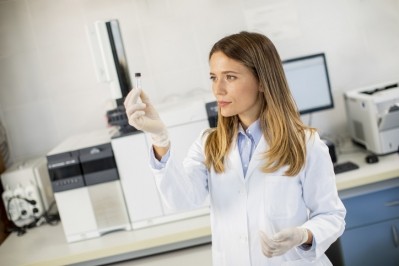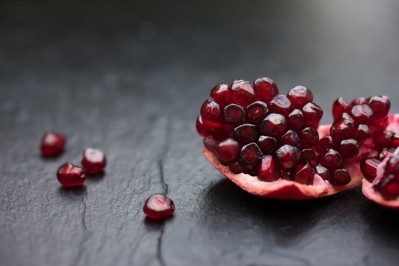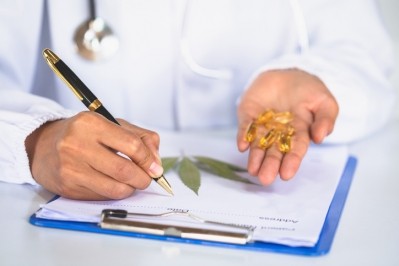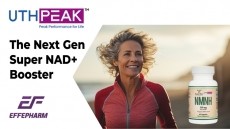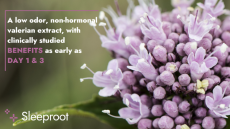BAPP puts out lab guidance to help detect olive oil adulteration
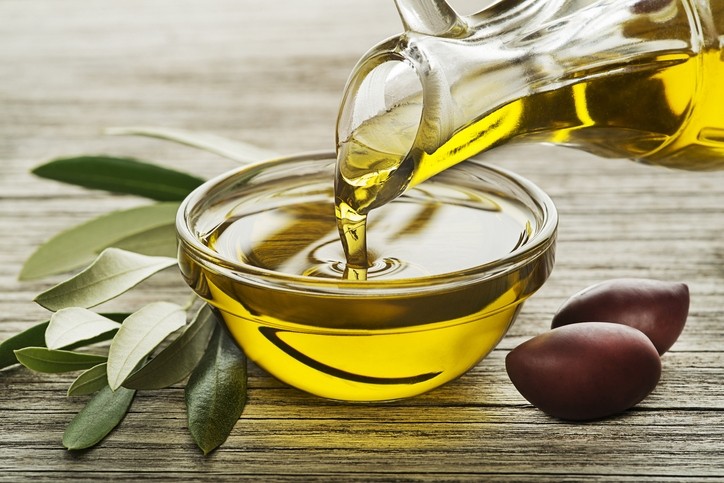
Besides being commonly adulterated, olive oil is also one of the oldest food ingredients with a timeline stretching back before recorded history. Archeological evidence indicates peoples living around the Mediterranean Sea were cultivating olive trees from about 8,000 BCE.
Long history of questionable identity
Questions about olive oil identity stretch back almost as far. In what can be assumed to have been an effort to stamp out irregular market practices, olive oil production and trade was first regulated via a citation in the Babylonian Code of Hammurabi in about 1,750 BCE.
While mostly a culinary commodity, olive oil is also a common carrier oil used in many softgels in the dietary supplement industry. While few such products might make claims about precise identity of a carrier oil, on the food side, the claims of fraud are rampant.
Latest info on plethora of lab methods
The new BAPP Laboratory Guidance Document will allow olive oil users to have the latest information on the best ways to test the ingredient and what kinds of adulteration to look for. Common adulterants of EVOO (extra virgin olive oil), the most expensive grade, are lesser grades of olive oil. For olive oils lower on the quality scale, other plant oils and colorants start to creep in.
The document summarizes the various analytical approaches to detect adulterants from relatively simple visual inspections to complex multivariate statistical analysis.
“Olive oil is one of the most important but also one of the most frequently adulterated food ingredients. The large number of official and unofficial methods that are available to authenticate olive oil and detect its adulteration reflects the popularity of the oil and the many ways to adulterate it. In order to keep the LGD concise and analyst-friendly, we focused on the authentication assays that are most relevant for the industry and relatively recent analytical methods that may be of interest to companies planning to invest in advanced technologies,” said BAPP director Stefan Gafner, PhD. Gafner is also the chief science officer of the American Botanical Council (ABC).
BAPP is a joint effort of ABC, the American Herbal Pharmacopoeia and the National Center for Natural Products Research at the University of Mississippi. This is the 11th lab guidance document the program has published, and is among the 65 peer reviewed publications of all types that BAPP has produced in its 10 year history.
